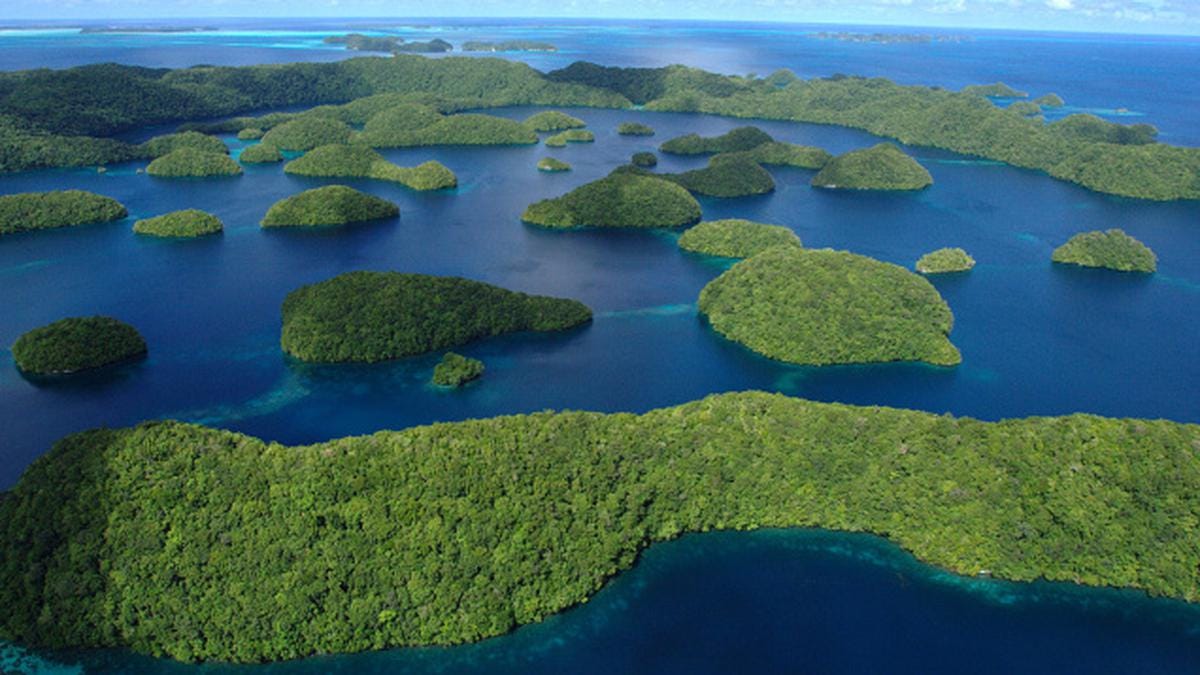One year ago this month, the U.S. Surgeon General, Dr. Vivek Murthy, declared a loneliness epidemic. He titled the public statement, “Our Epidemic of Loneliness and Isolation: The U.S. Surgeon General’s Advisory on the Healing Effects of Social Connection and Community.” It’s available online, if you’re interested in perusing the 82 page document for yourself.1 In the years before the COVID-19 pandemic, studies reported that about one-in-two American adults were reporting experiences of loneliness. Moreover, “the mortality impact of being socially disconnected is similar to that caused by smoking up to 15 cigarettes a day.” Being disconnected from other people is bad for your health.
I recently watched a video with a psychologist describing a patient and commenting that what he really wanted to do to treat the person was to write a prescription for community. On the day I wrote this sentence, I met with a patient who described that he was seeking connection and so he had started going back to church and was looking for other ways to meet people. He lamented that some avenues were not open to him because of interests; he doesn’t like to golf. This person has some mobility issues, and so he’s looking for ways to connect that are also accessible. One of the common sermon themes at the church where I worship is that we need people. We need people. We need each other in order to thrive. We need a place to belong and a group of people to belong to so that we can flourish. In 1624, John Donne wrote a poem titled, “No Man Is an Island.” We may act like self-sufficient individual islands, lauding those who gain the most success and the most independence. But the truth is that we need people. The truth is, as Donne writes, that “Every man is a piece of the continent, A part of the main.” We cannot survive as islands. It’s as treacherous for our physical and mental health as fifteen cigarettes a day.
In the book “Team Human,” Douglas Rushkoff writes, that “we’re wired to share, bond, learn from, and heal one another.” We are created to reach out to each other, to share our lives with others, to help each other along the way. God made us with a need for other people, whether we admit it or not. It begins when we’re born and reliant upon someone to feed us and care for us. It continues as we grow and experience the “changes and chances of life.” Children as young as one start caring for others, showing empathy, and helping. It’s because we’re designed this way.
But what happens when things have gone wrong, when we become crowd-averse, when somehow we have managed so that we don’t have an emergency contact, how do we create community then? Some are willing to try a faith community or hobby-related organization. Others reach out to co-workers or neighbors. Often, we have to start small. Greet a fellow parent at your child’s game or a neighbor you pass by outside. Just say hello; you don’t have to exchange pleasantries, much less have a whole conversation. To begin to connect with others, start with something that feels manageable. If you have found yourself an island, for whatever reason, perhaps begin by building an archipelago before connecting to a huge mainland.
John Donne ends his poem thus:
“Any man's death diminishes me,
Because I am involved in mankind.
Therefore, send not to know for whom the bell tolls;
It tolls for thee.”




